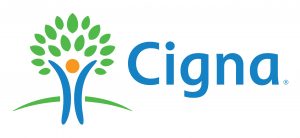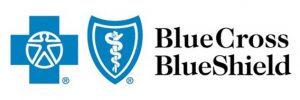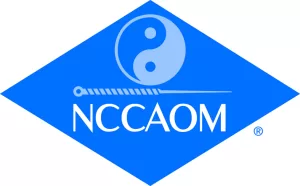- Park Oriental Medicine Center4566 E. Inverness Ave. Suite 201
Mesa, AZ 85206(480) 247-7330 Mesa Hours
Mon & Thu8:30am - 6:00pm
- Park Oriental Medicine Center11000 N Scottsdale Rd. #110
Scottsdale, AZ 85254(480) 247-7330 Scottsdale Hours
Tue & Wed9am - 2pm
Insurance Accepted








-
Latest Articles:
- • Add These 10 Immune-Boosting Foods to Your Fall Diet •
- • Keep Your Skin Healthy and Glowing with these Fall Skincare Tips •
- • Beat End of Year Burnout with these Fall Self-Care Rituals •
Acupuncture
The Role of Pediatric Acupuncture in Children’s Health

There are a variety of reasons for parents to seek out a pediatric acupuncturist. It usually isn’t the first resource sought out when a child is suffering from insomnia, infrequent bowel movements, or other digestive issues. However, more and more parents are looking for ways to treat these issues that don’t involve prescription medication that often has side effects worse than what they are trying to treat. As parents increasingly seek holistic and integrative approaches to their children’s well-being, pediatric acupuncture is gaining traction as a safe, effective, and non-pharmaceutical option for a wide range of childhood health concerns. continue reading
Pinpointing Migraine Relief with Acupuncture

According to the CDC, in the United States, over 15 percent of all adults complain about severe headaches or migraines, with prevalence among women more than twice as high as among men. In 2021, 4.3% of adults aged ≥18 years reported being bothered a lot by headache or migraine in the past 3 months, with a higher percentage among women (6.2%) than men (2.2%).
Treatment options include medication that can often leave sufferers feeling groggy and unlike themselves for hours after taking it. Many people are looking for a drug-free way to combat the root cause of migraines and they’re finding it with acupuncture. Let’s look at how acupuncture can truly provide relief to those suffering from chronic migraines. continue reading
Needle by Needle: Acupuncture and Healing from Trauma

People can experience trauma in a variety of ways. Trauma can be physical or emotional. It can be the result of an event like a car accident or through a relationship like with an abusive parent, teacher/coach, or spouse. Trauma doesn’t just reside in the mind but rather embeds itself deep in the body.
It can be tricky to treat and can manifest anxiety and other behavioral triggers sometimes without warning. Many trauma victims are finding that acupuncture, with its whole-person, body-based approach, offers a powerful and gentle tool for those seeking to heal from the wounds trauma leaves behind. continue reading
How Acupuncture Supports Healing in Autoimmune Diseases

In January 2025, Mayo Clinic researchers and collaborators have described — for the first time — the prevalence of autoimmune diseases in the U.S. Their research, published in the Journal of Clinical Investigation, reports that about 15 million people are estimated to have one or more of 105 autoimmune diseases. Treatments can vary but more and more people are looking for alternatives without harsh side effects. Patients are seeking out complementary treatments that address the whole person, not just the symptoms. Among these options, acupuncture stands out as a promising therapy with ancient roots and growing modern validation. continue reading
Unlocking the Basics of Acupuncture: Understanding Qi, Blood, Yin & Yang

If you’ve been thinking about trying acupuncture but aren’t sure what to expect, this article just might be the best place to start. Let’s explore the basic concepts that form the foundation of acupuncture, including the nature of Qi, Blood, Yin, and Yang, and how these elements influence health and healing. continue reading

